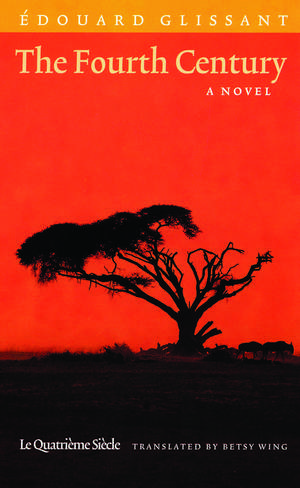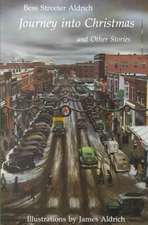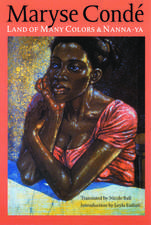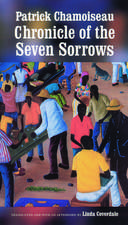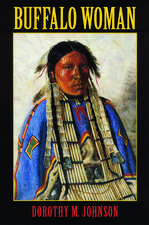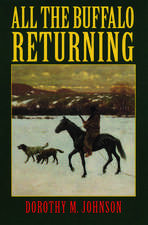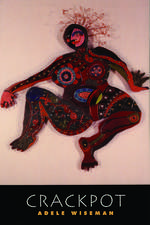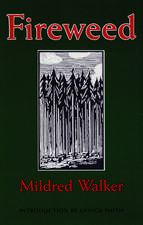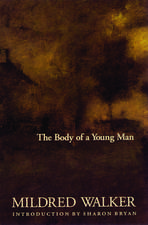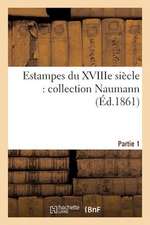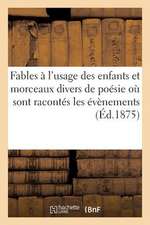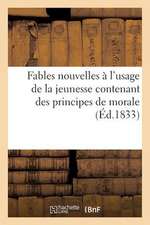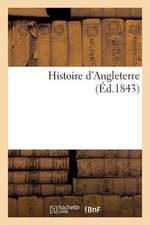The Fourth Century
Traducere de Betsy Wing Autor Édouard Glissanten Limba Engleză Paperback – 31 mar 2001
The Fourth Century tells of the quest by young Mathieu Béluse to discover the lost history of his country, Martinique. Aware that the officially recorded version he learned in school omits and distorts, he turns to a quimboiseur named Papa Longoué. This old man of the forest, a healer, seer, and storyteller, knows the oral tradition and its relation to the powers of the land and the forces of nature. He tells of the love-hate relationship between the Longoué and Béluse families, whose ancestors were brought as slaves to Martinique. Upon arrival, Longoué immediately escaped and went to live in the hills as a maroon. Béluse remained in slavery. The intense relationship that had formed between the two men in Africa continued and came to encompass the relations between their masters, or, in the case of Longoué, his would-be master, and their descendants. The Fourth Century closes the gap between the families as Papa Longoué, last of his line, conveys the history to Mathieu Béluse, who becomes his heir.
Preț: 148.09 lei
Nou
Puncte Express: 222
Preț estimativ în valută:
28.36€ • 29.22$ • 23.76£
28.36€ • 29.22$ • 23.76£
Carte tipărită la comandă
Livrare economică 24 februarie-10 martie
Preluare comenzi: 021 569.72.76
Specificații
ISBN-13: 9780803270831
ISBN-10: 0803270836
Pagini: 295
Dimensiuni: 152 x 229 x 22 mm
Greutate: 0.39 kg
Editura: BISON BOOKS
Colecția Bison Books
Locul publicării:United States
ISBN-10: 0803270836
Pagini: 295
Dimensiuni: 152 x 229 x 22 mm
Greutate: 0.39 kg
Editura: BISON BOOKS
Colecția Bison Books
Locul publicării:United States
Notă biografică
Édouard Glissant is one of the foundational figures of Francophone literature. Along with other writers from the French West Indies, he inaugurated a radical interrogation of the French literary canon from the margins of the traditionally Paris-centered literary world. His books include Black Salt: Poems and Poetics of Relation, which was also translated by Betsy Wing.
Recenzii
"From the first pages, describing the atrocities endured aboard the slave ships, this is a fascinating, harrowing historical epic told in rich, unflinching prose."—Publishers Weekly
"The Martinican writer Édouard Glissant is that rare hybrid: an elastic, shapeshifting writer who swings between theory and creative work with the greatest of ease and accomplishment. A towering figure of postcolonial scholarship . . . he is also a poet, playwright, and, as evidenced here, a bold and supple novelist. With The Fourth Century we get the full effect of his overarching project: a literary exorcism of Martinique's scarred psyche and past, a lingering cry against the 'black hole of time and forgetting'. . . . Papa Longoué's sessions with Mathieu, like Glissant's novel itself, burn with the urgency of a recovery mission. With this novel, Glissant has powerfully conjured up the 'centuries knotted together by unknown blood, voiceless suffering, death without echo.'"—Village Voice
"A playwright, critic, essayist and novelist, Édouard Glissant is one of the most significant figures in Caribbean literature. Born in Martinique in 1928, he's written more than two dozen books. His ideas about language, history, and imperialism have influenced writers such as Patrick Chamoiseau and Raphaël Confiant and are eagerly examined in universities where Francophone and post-colonial studies are taught. Many of Glissant's books have yet to be translated into English, which may be why he is not as well known among American readers as he deserves to be. The Fourth Century, a 1964 novel newly translated into English, should bring him more attention and appreciation. . . . His story begins in 1788, when Longoué and Béluse, the progenitors of the two clans, arrive in Martinique as captives on a slave ship called the Rose-Marie. . . . At the end of his fascinating 'indefinable chronicle,' Glissant saves his harshest comments for those characters who've made no attempt to hold on to their identities, who've willfully forgotten their connection to the vast Atlantic and the infinite continent on the other side. 'They had renounced not simply their past,' he writes, 'but even so much as the idea that they might have had one."—Washington Post
"This award-winning novel by a noted Caribbean author explores the history, culture, and myth of his native Martinique. . . . Glissant is a poet as well, and his prose often borders on poetry. . . .The result is a richly textured novel with vivid images."—Booklist
"The modern history of Martinique is embedded in this colorful chronicle . . . of the interrelationships and rivalries of two families whose founders were brought to the island as slaves in 1788. . . . It's a heady brew, sometimes sensuously dramatic. . . . Many brilliant moments . . . along with slave rebellions and hurricanes, omnipresent zombies and spirits, and a powerful impression of the human cost of racial oppression , miscegenation, and madness. In its best moments, this turbulent tale becomes something very like a Caribbean Absalom, Absalom!"—Kirkus Reviews
